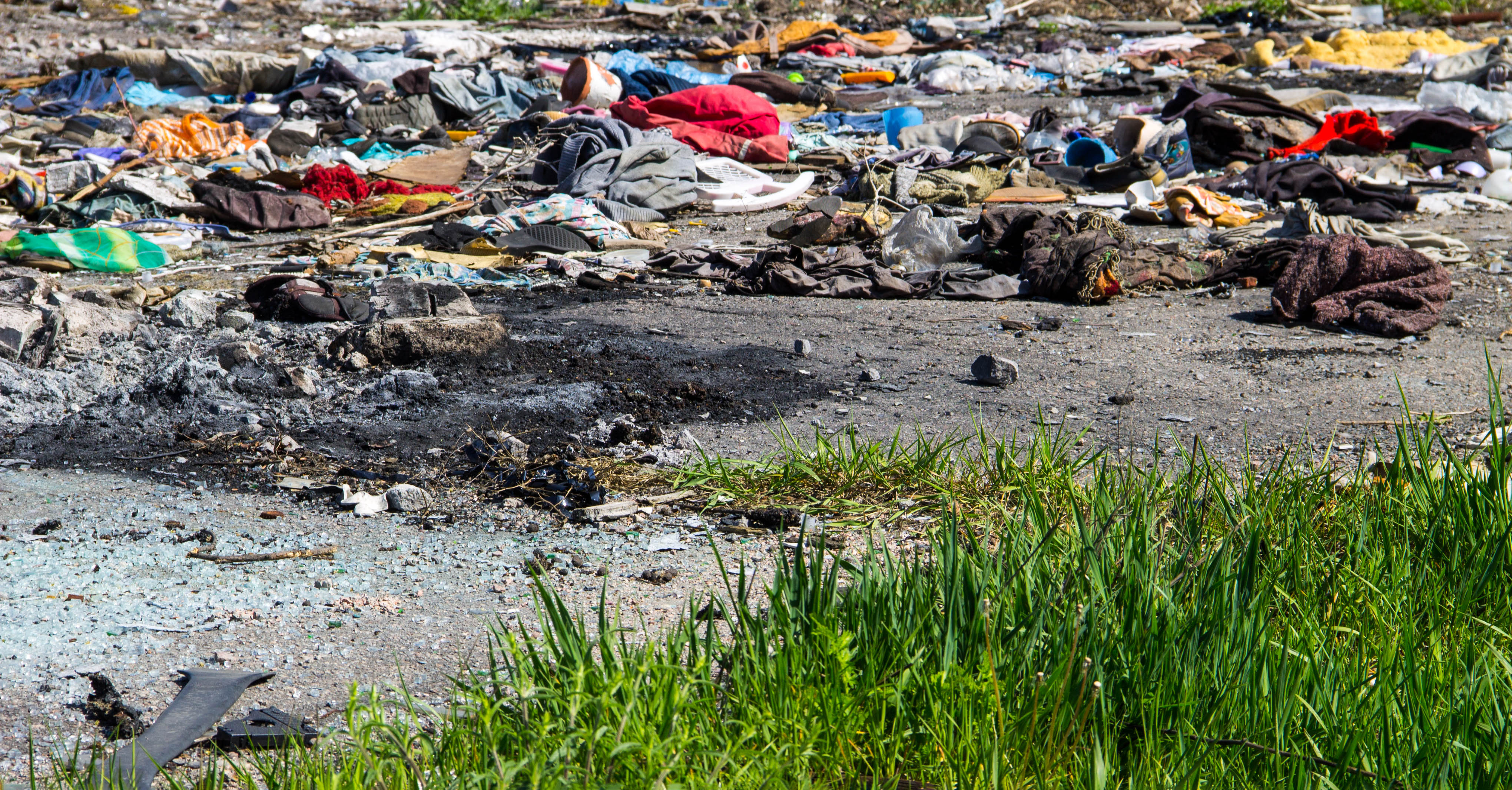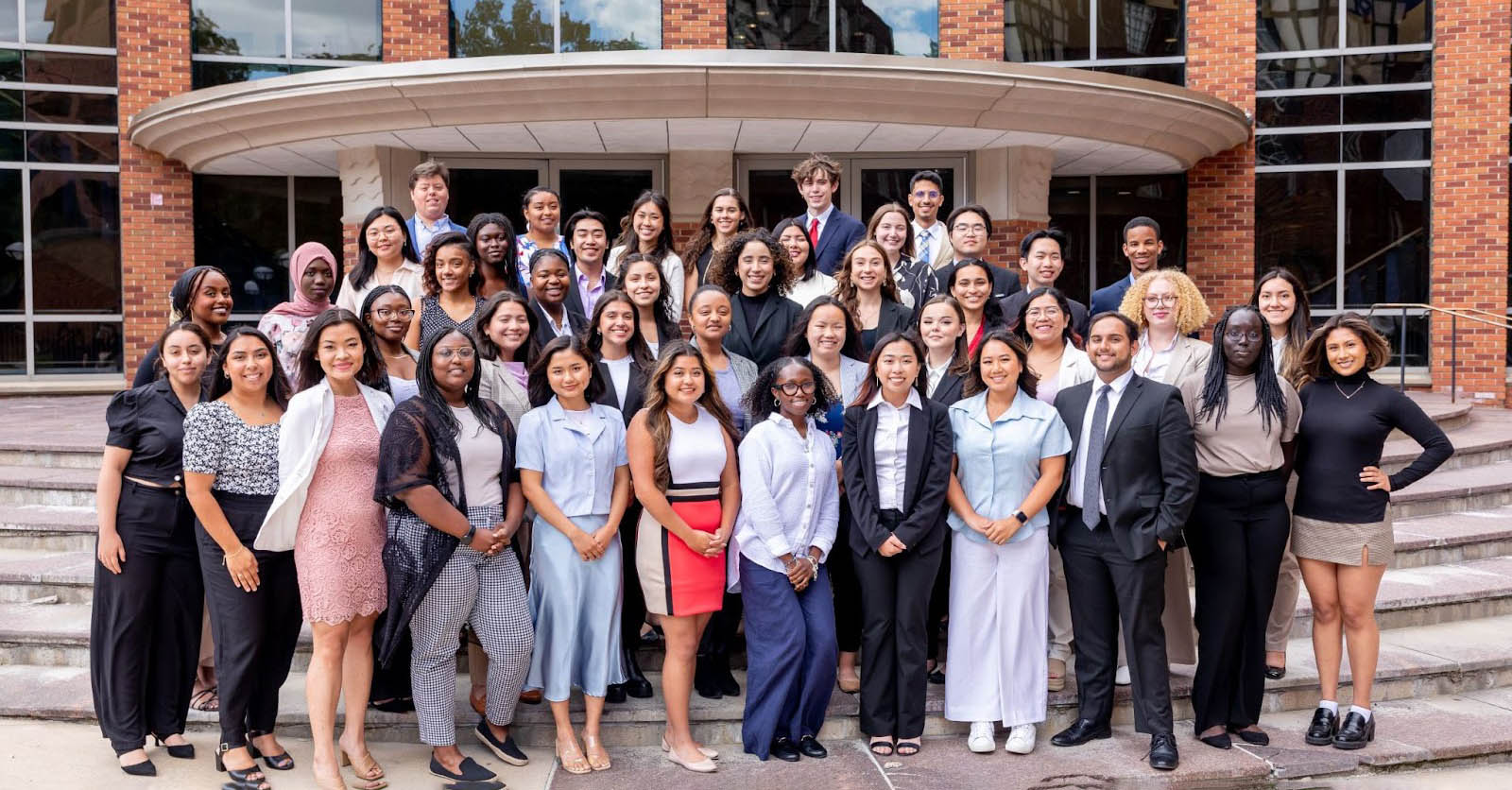
$2.2M grant to increase understanding of the relationship between illegal dumping and community violence
Michigan Public Health researchers were awarded a $2.2M grant to research the relationship between illegal dumping and community violence.

Michigan Public Health faculty, staff, students, and alumni are making an impact on public health in the US and around the world. Find the latest news here.

Michigan Public Health researchers were awarded a $2.2M grant to research the relationship between illegal dumping and community violence.

A new study led by University of Michigan School of Public Health researchers will examine the impact of high vacancy in urban areas on the rate of violence. The Center for Disease Control and Prevention provided a three-year grant of $1.2 million to investigate the short- and long-term effects of vacant lot reuse projects on total violent crime incidents and injury.

A three-year study was conducted by researchers at the U-M Institute for Firearm Injury Prevention and the Michigan Youth Violence Prevention Center in Youngstown, Ohio, with the support from Centers for Disease Control and Prevention. These researchers studied the Busy Streets Theory and the greening hypothesis, which involves community engagement in vacant lots to help reduce crime and violence

A new study led by Minal Patel, associate professor of Health Behavior and Health Education at the University of Michigan School of Public Health, looks at the financial costs that people with diabetes face and how it impacts their ability to manage their condition.

Today, Bhramar Mukherjee, the John D. Kalbfleisch Collegiate Professor and chair of the Department of Biostatistics at the University of Michigan School of Public Health, was one of five University of Michigan professors elected to the National Academy of Medicine. Induction into the NAM is the highest honor for health and medicine researchers in the United States.

The University of Michigan School of Public Health’s Future Public Health Leaders Program (FPHLP) has received a five-year, $3M award from the Centers for Disease Control and Prevention (CDC). The award provides funding through 2027, and will expand the program’s ability to provide skillbuilding and mentorship to the next generation of the public health workforce.